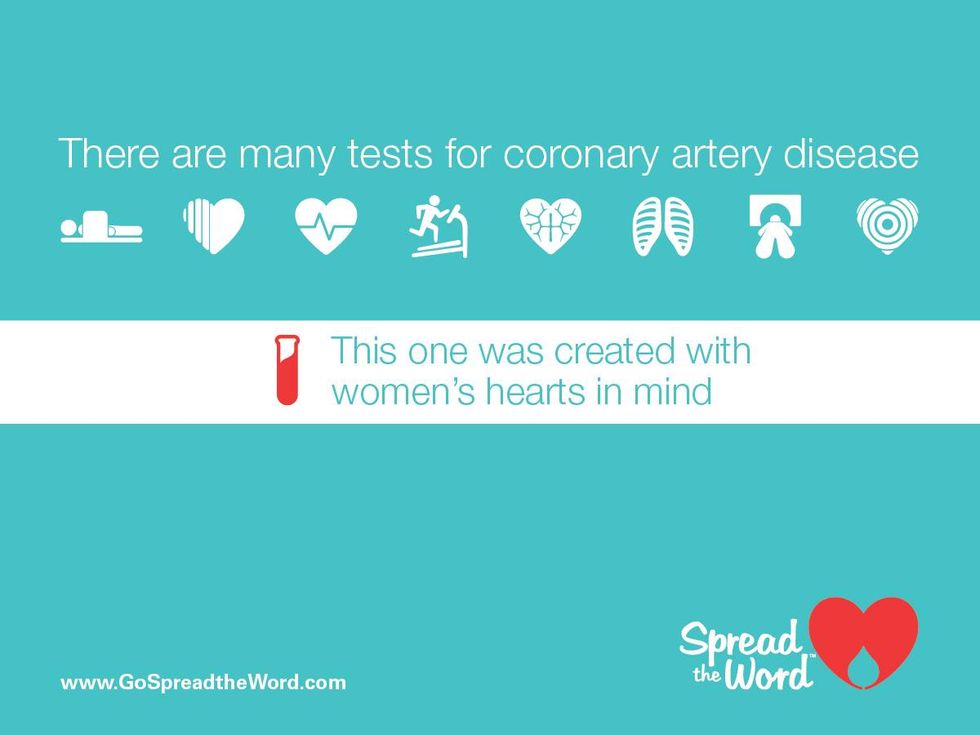

Learn about our editorial policies
Medically Reviewed
This article has been archived. We will no longer be updating it. For our most up-to-date information, please visit our heart disease information here.
Coronary artery disease (CAD), the most common form of heart disease, can be deadly. If you have symptoms, it's important to get checked so you can hopefully rule out CAD as the cause of your symptoms. How do you do this? What tests are best? There are a number of options. Let us help you understand the basics.

There's a handy
testing methods comparison chart that not only let's you know what your options are but also the differences between them to help you and your doctor make the best choice possible. The chart includes information about:
- Sex-Specific Blood Test
- Electrocardiogram (EKG)
- Exercise Stress Test
- Nuclear Stress Test
- Echocardiogram
- Magnetic Resonance Angiography
- Coronary Calcium Scan
- Invasive Coronary Angiography
Women's Anatomies Can Lead to Challenges in Accurate Diagnosis with Commonly Used Heart Tests
Most common tests for CAD (like exercise stress test or heart imaging scans) don't take into consideration some of the cardiovascular differences between men and women. Certain parts of a women's bodies, like their smaller hearts and breast tissue, can impact the accuracy of common CAD imaging tests, leading to higher rates of false-positive test results.
A Sex-Specific Blood Test Could Be A Safe Option For You
The good news is that there is a sex-specific blood test that takes into account those differences to help doctors rule-out obstructive CAD. The test is a simple blood draw that takes less than five minutes and can be done at your doctor's office or nearby blood draw center.
Be sure to review your options and talk with your doctor about what's best for you if you experience symptoms; together you can determine the right care plan for you. To learn more about CAD in women, please visit the helpful women's online resource GoSpreadtheWord.com.
You might be interested in





